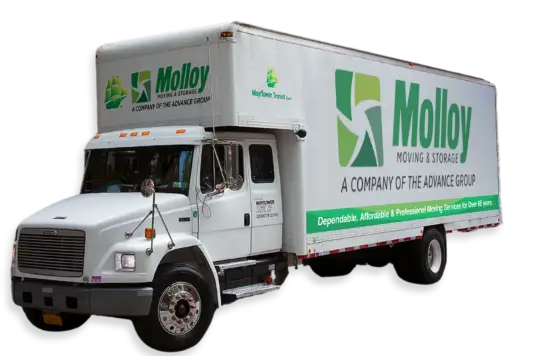Though moving to a new home can be a happy occasion, it can also be very stressful, as too often, moving costs—ranging from the inconvenient to the unsurmountable—pop up unexpectedly. That’s why it’s important to understand the potential “hidden” costs you may face when moving so you can avoid any unwelcome surprises.
- Increased car insurance rates. If you’re moving from a relatively rural area to an urban one with a denser population, prepare yourself for a substantial rate increase in auto insurance. While the exact amount depends largely upon your driving record and the area’s accident rate, Forbes found that the average rate for Maine drivers was $805, while a Michigan driver pays $2,476—a 200% difference! Depending on the availability of public transportation in your area, it may be more cost-effective to ditch the wheels (and the expensive insurance that goes with a vehicle) for a monthly bus pass.
- Broken contract penalties. Did you sign a contract at your local gym, pool, country club or child’s day care? Make sure you read the fine print of your agreement to determine how much you may be charged for ending the contract term early. Some organizations do write in a clause that covers qualifying events, including moving, and will require proof before honoring it. Many employees may not be well-versed on these policies, though, and can give you inaccurate information about whether these potentially pricey contract terms apply to you. If in doubt, review your contract terms and call the main customer service number (documenting whom you spoke with!) to confirm any pending penalties.
- Utility costs. If your previous home had electric heat, you may face some sticker shock when you discover how much filling a heating oil or propane tank will cost. Be sure to give utilities companies your new address so any mailed bills with make it your way (or better yet, sign up for online billing now). Do you have a contract with your phone, Internet and/or cable TV provider? You may face some steep fees for closing your account before the end of the contract’s term, especially if you’re unable to transfer services to your new home. However, that transfer isn’t free, either. Companies often charge a fee for this service, too! Though there may not be much you can do about these charges, it’s prudent to understand them and save yourself the unexpected surprise.
- Replacements. There are three different kinds of replacements you should anticipate after your move: appliances, furniture and fixtures and household staples. You may need to purchase a new washer/dryer set or replace an aging fridge before your new home feels like home. Or, your furniture may have been the perfect size and style for your previous home, but could clash with the new décor or be the wrong proportion for your new pad. As for household staples, few people consider the cumulative cost of stocking household basics like paper towels, garbage bags, baking supplies, condiments, canned goods, ice trays, cleaning supplies and the like. These small items can add up to one big bill.
- Temporary storage. There are many variables when you’re moving, and if your new home isn’t quite move-in ready, you may need a storage facility to hold your belongings before move-in day. Finding reliable storage and moving your stuff can quickly escalate from a minor annoyance to major aggravation. If you’re fortunate, you’ve used a moving company, like Molloy Moving & Storage, for situations just like these, which can store your belongings for as long as you need until your new digs are ready.
With these unexpected moving costs in mind, contact the moving company that gives you a great rate—and great service—without any unpleasant surprises: Molloy Moving & Storage. For more than seven decades, they’ve moved residences of all sizes throughout New York, New Jersey, Long Island and Connecticut.



